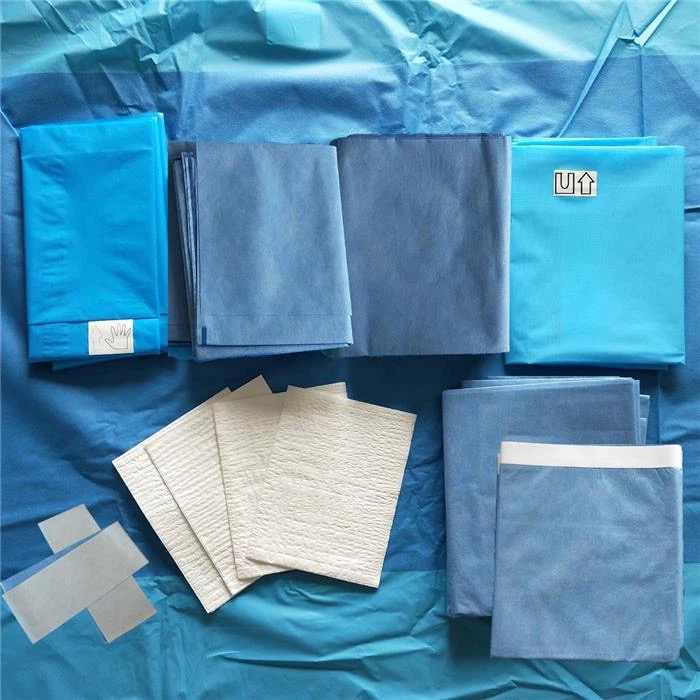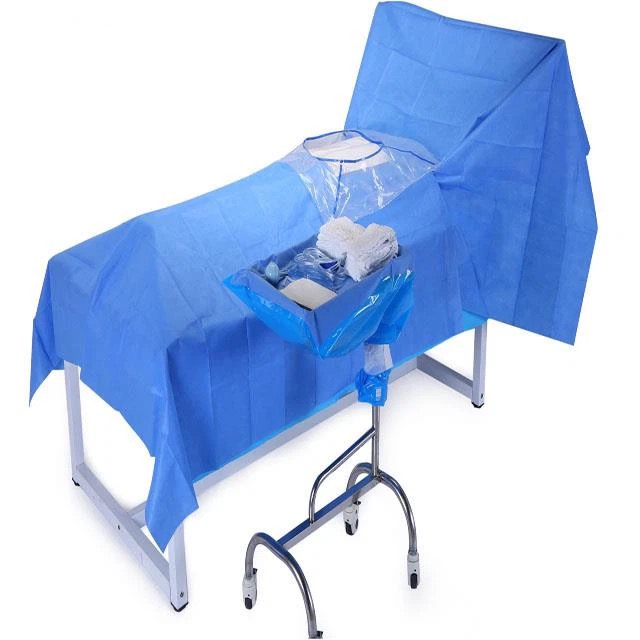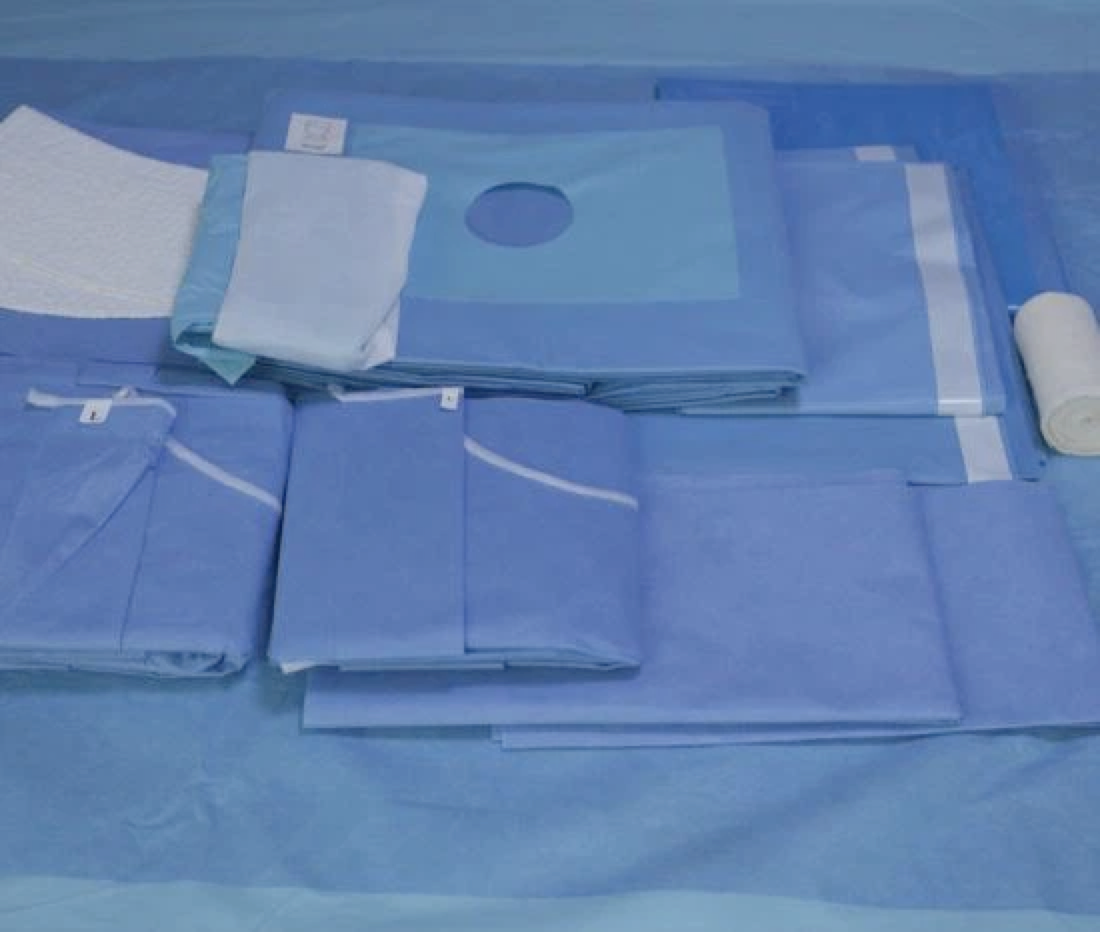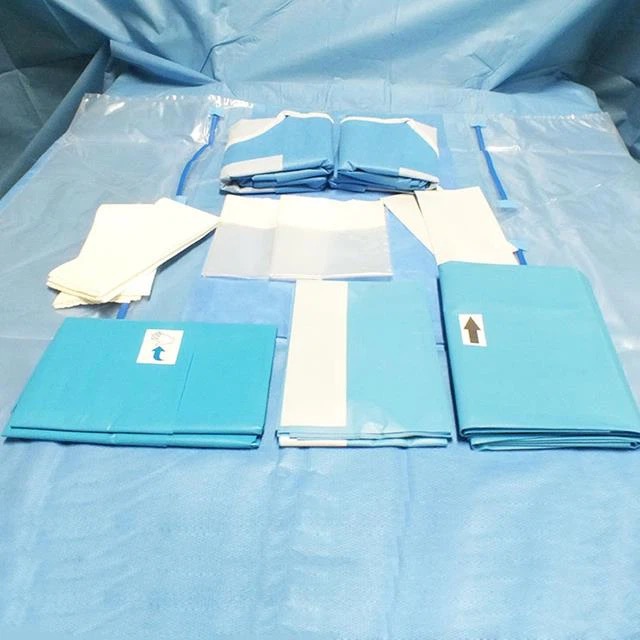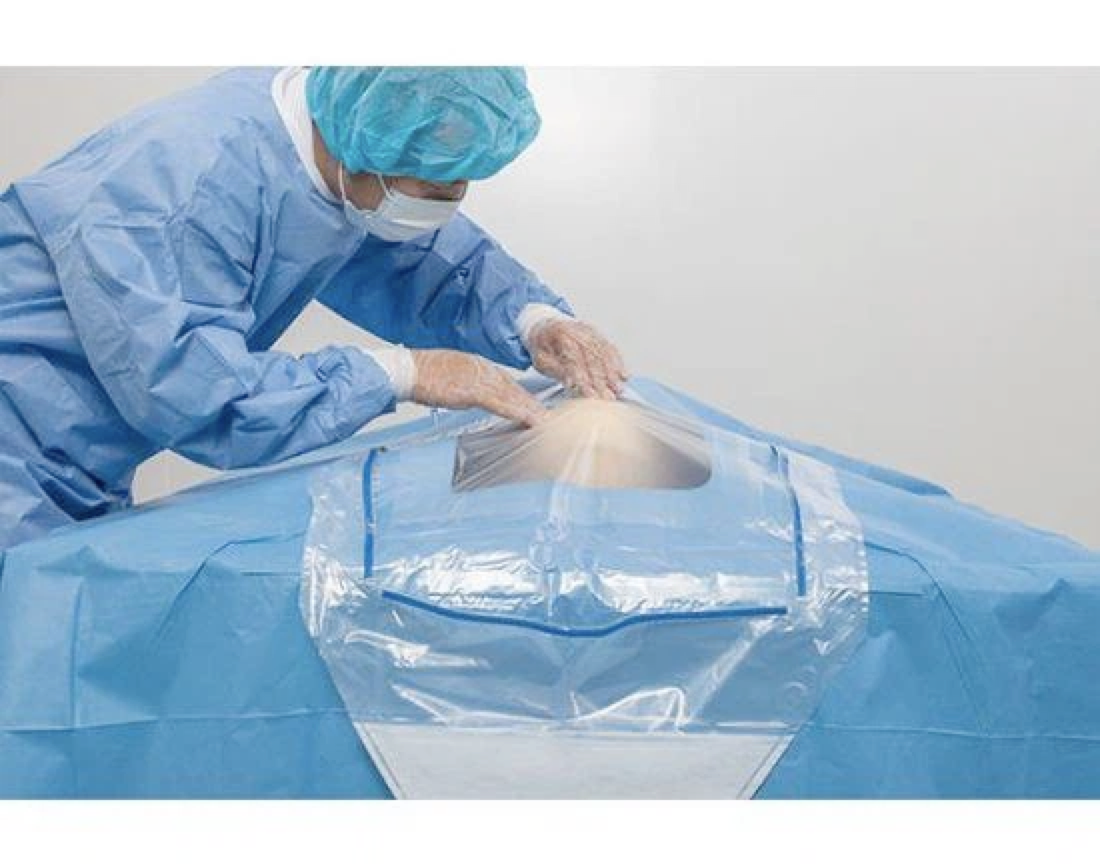Recently, the national epidemic of new coronavirus infections has become increasingly stable, and the overall positive trend continues to consolidate. Experts reminded that winter and spring is the high season of various respiratory infectious diseases, in addition to the new crown virus, some other pathogens can also attack the human respiratory tract and lungs, such as influenza virus and human respiratory syncytial virus, but also to do a good job of prevention and treatment.
Recently, the HRSV virus has caused global concern and a surge of related childhood cases in Europe and the United States. The Chinese CDC has released a Q&A on the prevention and treatment of human respiratory syncytial virus (HRSV) infection diseases, introducing authoritative knowledge about the HRSV virus.
HRSV is an RNA virus of the genus Orthopneumovirus in the family Pneumoviridae, with an incubation period of 2-8 days.
How is the HRSV virus transmitted?
In terms of transmission routes, both symptomatic HRSV-infected and asymptomatic latent infections can transmit the virus, usually through the following routes.
First, contact transmission, such as contact of the nasopharyngeal mucosa or eye mucosa with virus-containing secretions or contaminants.
The second is close contact with patients coughing or sneezing, etc.
First, it is important to note that having been infected with HRSV also does not create permanent immunity, and multiple infections may follow. It is the most common cause of pneumonia and capillary bronchitis in infants and children.
Most early infections in children are confined to the upper respiratory tract and manifest as fever, nasal congestion, runny nose, and mild cough. This period can be observed at home and treated with symptomatic medications: antipyretic drugs and cold medications.
However, if your child develops lower respiratory tract symptoms or other serious manifestations, such as persistent high fever, fever >3 days, increased coughing, wheezing, or even an ugly face, shortness of breath, labored breathing, feeding difficulties, convulsions, etc., you should seek medical attention and not treat at home.
